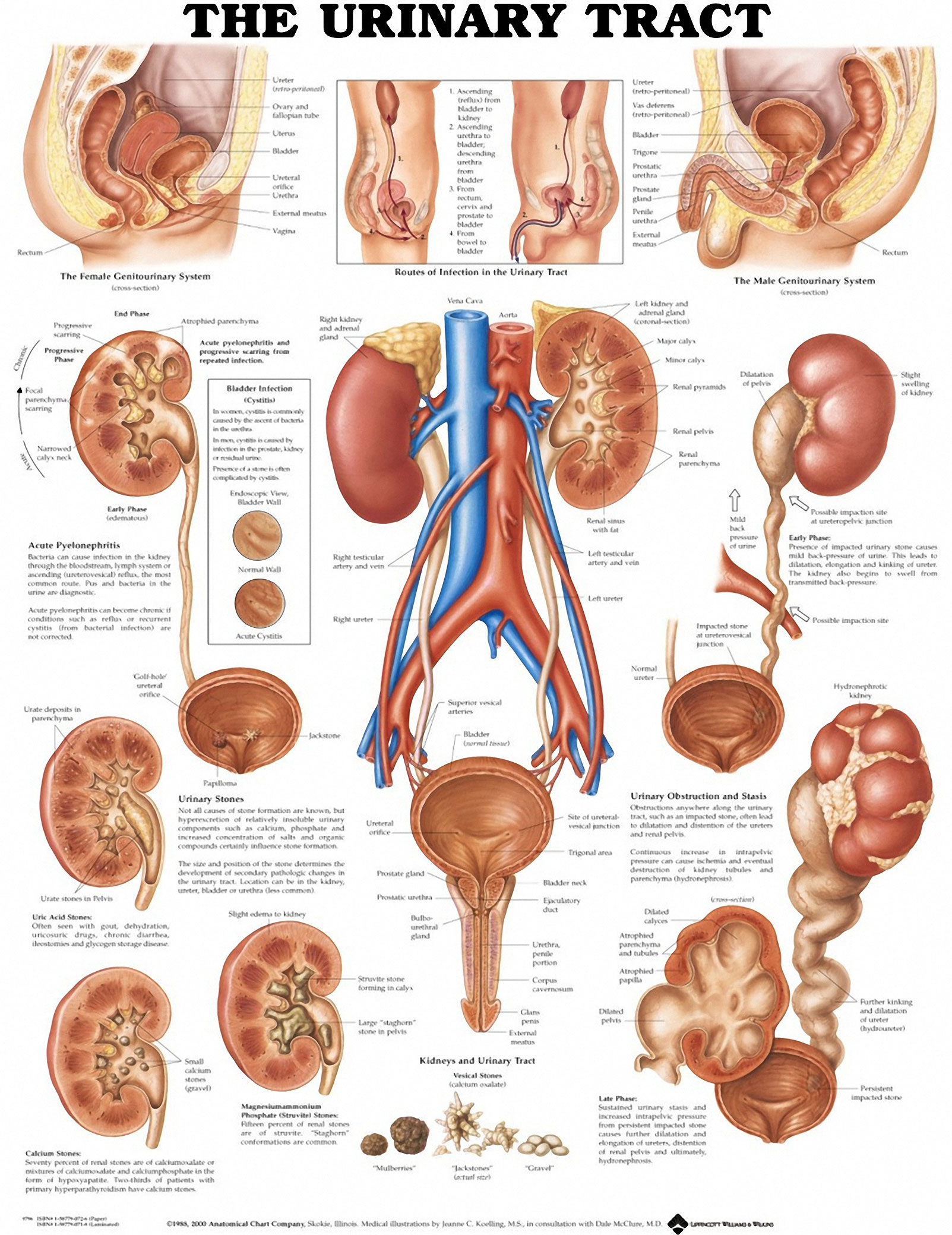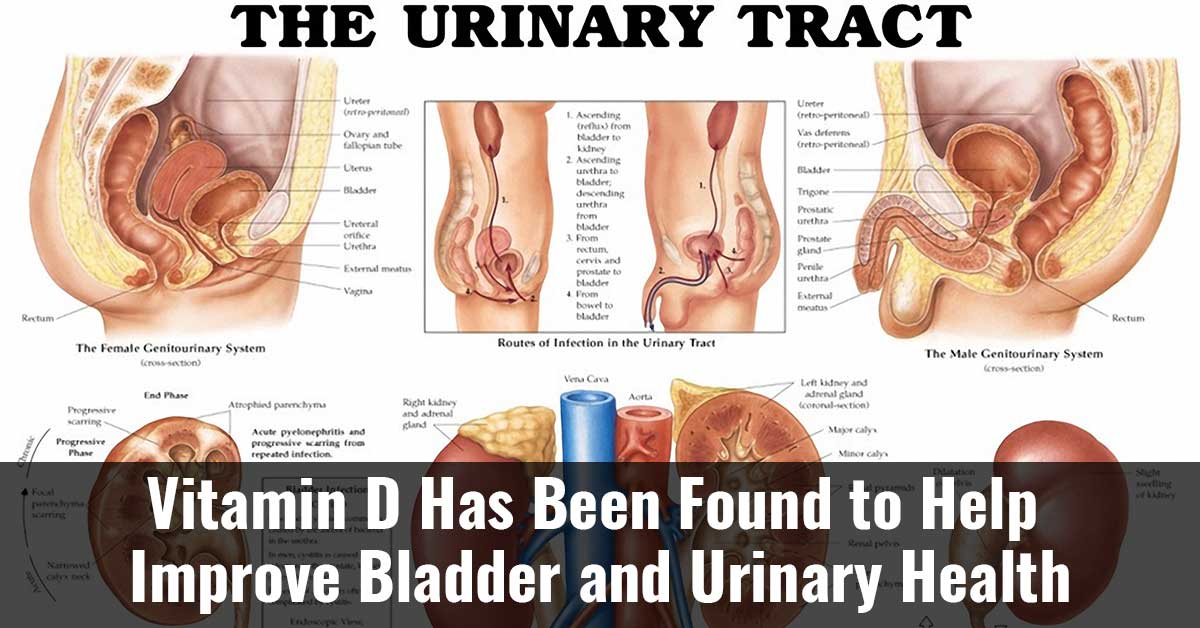Research has found that vitamin D insufficiency is associated with an overactive bladder, pelvic floor disorders, urinary incontinence, and lower urinary tract symptoms.1✅ JOURNAL REFERENCE
DOI: 10.1007/s00192-021-04963-z
The researchers reviewed previous studies and the data was then collectively analyzed, which presented a clear association between vitamin D and the health of the bladder.
The meta-analysis of studies focused on research associated with overactive bladder, urinary pelvic floor disorders, incontinence, and lower urinary tract symptoms.
Of the reviewed studies, 6 out of 7 had concluded that urinary incontinence onset and severity were significantly associated with vitamin D insufficiency or deficiency.
Two other studies had revealed that vitamin D can be an effective urinary incontinence treatment.
Of the studies examined, approximately two-thirds showed a vitamin D and urinary health correlation.
According to the researchers, vitamin D receptors are found in the muscle that contracts which allows urine to flow out of the bladder, known as the bladder detrusor muscle. Vitamin D may essentially help strengthen some of the muscles in as well as around the pelvic floor, which includes the bladder.

Image Source – amzn



